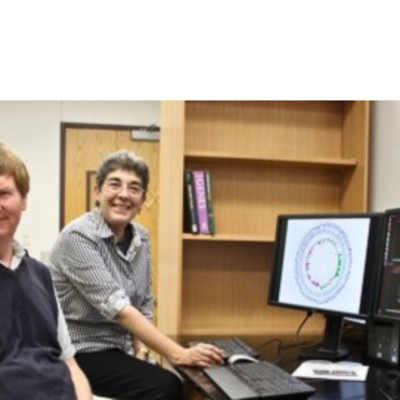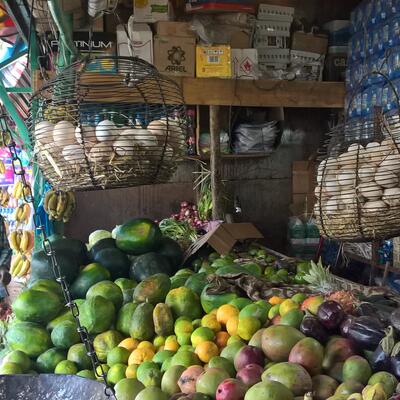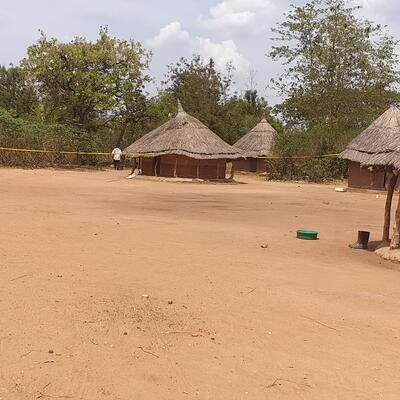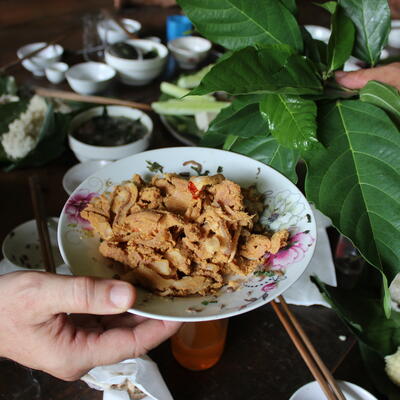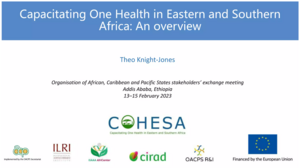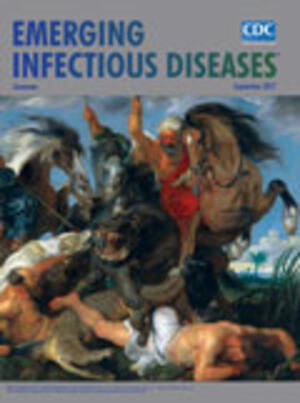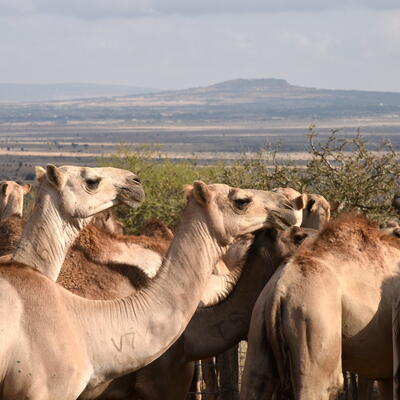
Ready to test interventions to improve food safety in selected livestock value chains in Africa
From 15-17 April 2014, the Safe Food, Fair Food (SFFF) project partners came together for their annual progress and planning meeting at the campus of the International Livestock Research Institute (ILRI) in Ethiopia. The workshop was opened by Dr Azage Tegegne, Deputy to the ILRI Director General’s Representative in Ethiopia, who considers SFFF a major project under the ILRI activities in Ethiopia. The objectives of the meeting were to report back on food safety risk assessment results in four selected livestock value chains and to identify interventions on priority issues identified during these assessments.
Dairy in Tanzania: the risk from milk consumption is classified as low to moderate. Hazards are present in milk but only a small proportion of the population at risk consumes raw milk. The critical points that need to be managed are cross-contamination of boiled milk due to poor handling and bacterial growth due to lack of effective cold chains.
Pigs in Uganda: the majority of pork consumers like their meat well-cooked and served hot. Therefore and despite the presence of pathogens in live animals, the risk for disease from eating pork is low. Critical control points for food safety management are poor slaughter and meat handling practices and possible cross-contamination from raw vegetables. The risk for occupational diseases is moderate.
Small ruminant meat in Senegal: consumers of small ruminant meat in Dakar are generally at low risk. However, high levels of diarrhoea-causing bacteria on the surface of grilled meat in the local meat shops (dibitéries) need to be managed as they are frequently visited by many customers across all population strata.
Small ruminant milk and meat in Ethiopia: consumption of raw goat meat is on the rise in Ethiopia, especially in urban centres. High levels of toxigenic bacteria as a result of poor slaughtering and meat handling techniques must urgently be addressed to protect goat meat eaters. Small ruminant milk is often fermented and it needs to be investigated to what extent this reduces or eliminates pathogens.
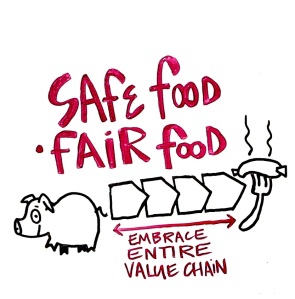 Activities involving policy makers and academia have helped to sensitize decision-makers on food safety in informal markets over the past months. A training course on participatory food safety risk assessments was inquired by stakeholders from Burundi, Rwanda and Uganda who were not part of the capacity building activities in the first project phase, and risk-based food safety management is slowly introduced at partner universities in East and West Africa.
Activities involving policy makers and academia have helped to sensitize decision-makers on food safety in informal markets over the past months. A training course on participatory food safety risk assessments was inquired by stakeholders from Burundi, Rwanda and Uganda who were not part of the capacity building activities in the first project phase, and risk-based food safety management is slowly introduced at partner universities in East and West Africa.
Under the leadership of ILRI’s Peter Ballantyne, the team underwent a “health check” to identify critical factors for success and “killers” to a healthy partnership. The group unanimously agreed to have passed the health check and celebrated its strengths – and weaknesses! Weaknesses are part of every relationship and it was important that they were identified, so we can work on them.
Please read the full report here…






